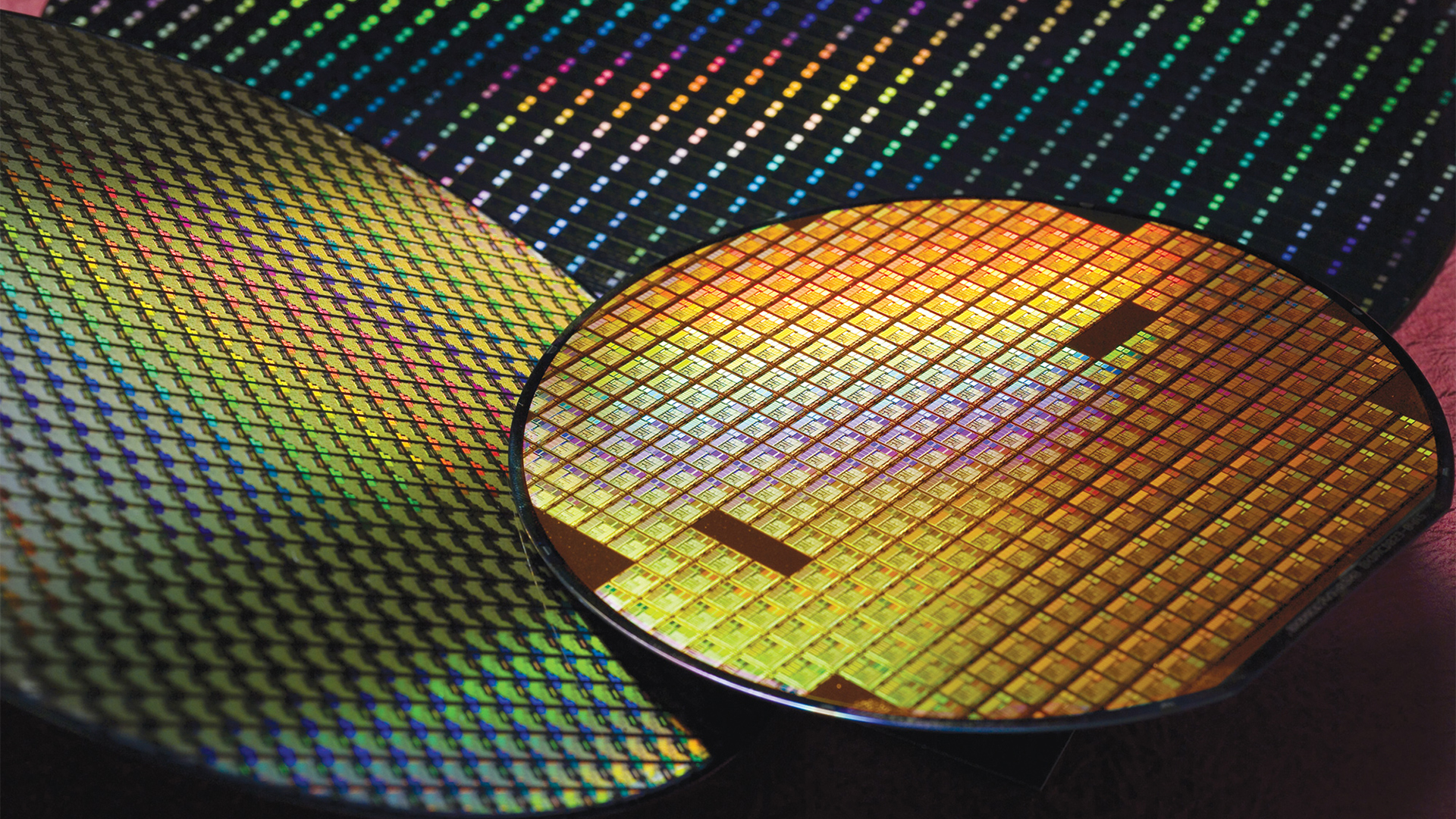
Just weeks after a Taiwanese minister said it was illegal for TSMC to transfer its leading-edge process technology—such as N2 (2nm-class)—from Taiwan to its overseas fabs, another minister said that after N2 enters mass production in the second half of 2025, discussions about transferring the node to friendly democratic nations can take place, reports Economic Daily (as noticed by Dan Nystedt). Yet, TSMC only plans to start making 2nm-class chips in America by the decade’s end.
According to the company’s roadmap, TSMC’s N2 fabrication process is expected to enter mass production by the end of 2025. At that time, discussions can occur about whether the 2nm process should be extended to other friendly democratic nations, said Cheng-Wen Wu, National Science and Technology Council (NTSC) Minister. The comment comes after J.W. Kuo, Minister of Economic Affairs, reminded us that TSMC cannot transfer its leading-edge process technology to other countries due to Taiwanese regulations. As a result, the best production node TSMC can use in the U.S. in 2025 – 2026 will be N3 (3nm-class process technology).
Based on TSMC’s current roadmap for its Fab 21 (which is aligned with funding under the CHIPS Act), phase 1 of the facility is set to begin mass production of chips on N4 and N5 nodes in the first half of 2025, phase 2 is expected to product chips using N3 technologies in 2028, and phase 3 is projected to make 2nm-class chips by the end of the decade. However, concerns are mounting that TSMC might be forced to transfer its leading-edge 2nm-class process technology to its U.S. fab earlier than planned.
During the campaign, Trump criticized the Biden administration’s CHIPS and Science Act and said that import tariffs would be a better incentive for chipmakers to build fabs in the U.S. than grants, loan guarantees, and tax credits. If he implements such tariffs, it would force TSMC to transfer more of its advanced nodes to its Arizona facility. However, considering the shortage of fab tools, it is unclear whether the company can equip its fabs ahead of schedule.
There are two things to remember about TSMC’s leading-edge fabrication processes and why they will remain exclusive to Taiwanese facilities, noted analyst Dan Nystedt. The primary reason why TSMC’s most advanced process technologies stay in Taiwan is because they are designed in Taiwan and then ramped up in Taiwan. With the presence of the R&D team, it is easier to ramp up mass production and adjust a process technology for mass production. That said, it is unlikely that TSMC’s leading-edge nodes will enter mass production simultaneously in Taiwan and elsewhere soon.







